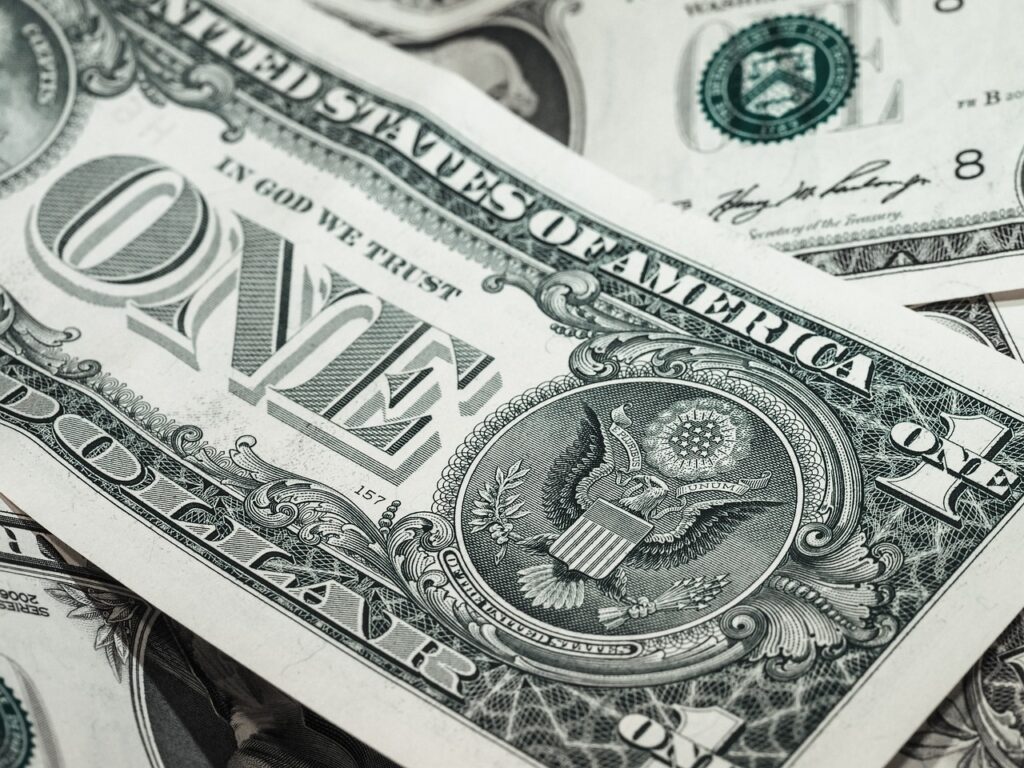Let’s be honest: keeping track of our finances sounds about as fun as cleaning out the junk drawer. Most of us are juggling enough as it is—work, relationships, errands, laundry that seems to multiply on its own. Adding “weekly finance review” to that mix? It sounds exhausting.
But here’s the truth no one talks about: you don’t need hours every week to stay financially sane. You just need ten minutes.
If you can commit to a super simple 10-minute weekly finance routine, you’ll feel more in control, more confident, and far less anxious about money. This tiny habit has the power to change the way you relate to your finances, permanently.
Why Bother with a Weekly Money Review?
Most of us have a reactive relationship with money. We check our balances when we feel stressed. We glance at credit card statements only when something feels off. That’s like driving a car by only looking in the rearview mirror, you’ll get somewhere, but probably not where you wanted to go.
A weekly finance check-in flips that script. Instead of reacting, you’re actively steering. You’re making intentional choices. And the best part? You don’t need spreadsheets with 20 tabs or a finance degree to do it.
This is about building a simple, grounded relationship with your money. Just like brushing your teeth, it’s a small habit that prevents bigger problems down the road.
The 10-Minute Weekly Routine
Block ten minutes on your calendar once a week. Sunday evenings work well for some, Monday mornings for others. Choose a moment that feels calm, maybe paired with a cup of tea or your favorite playlist in the background.
Then go through these five steps:
1. Open Your Accounts (2 minutes)
Log into your bank accounts, credit cards, and any apps you use like Venmo, PayPal, or budgeting tools. You’re not here to obsess, just observe.
Look for:
- Your current bank balance
- Credit card balances
- Any suspicious or unexpected charges
This isn’t about judgment. Think of it like checking the weather. You’re just seeing what’s going on so you can plan accordingly.
Pro tip: Use an app like Mint, Monarch, or YNAB (You Need a Budget) to see everything in one place. But if you prefer logging into each account manually, that’s fine too.
2. Review the Past Week’s Spending (3 minutes)
Next, take a quick scroll through your transactions from the past 7 days. Ask yourself:
- What surprised me?
- What felt worth it?
- What could I skip next week?
Again, no shame here. If you spent $40 on oat milk lattes because work was stressful, that’s okay. The point is to notice your habits, not punish yourself for them.
This awareness alone starts to shift your decisions moving forward.
3. Look Ahead (2 minutes)
Now glance at the week ahead. Are there any expenses coming up?
- Birthdays?
- Bills due?
- Dinner plans?
- Car maintenance?
Jot them down or plug them into your budgeting app. Anticipating expenses, even small ones, can help you avoid the dreaded midweek “How did I already blow my budget?” feeling.
If you’re saving toward something (a vacation, a new couch, paying off debt), this is the time to check in. Did you move a little money toward that goal this week? If not, could you next week?
4. Check Your Financial Pulse (2 minutes)
This is less about math and more about mindset. Ask yourself:
- How did I feel about money this week?
- Did anything stress me out or surprise me?
- What would make next week feel better?
This step is optional—but powerful. Money is emotional. When you name those feelings (“I felt anxious after checking my credit card,” or “I felt proud sticking to my grocery budget”), you give yourself permission to do better, not just spend better.
Even jotting down a quick note in your phone can help you track patterns over time.
5. Set a Micro-Intention (1 minute)
End with a tiny commitment for the week ahead. Something realistic. Something doable.
- “I’ll cook dinner at home three nights.”
- “I won’t impulse buy on Amazon.”
- “I’ll transfer $20 to savings.”
Choose one. Write it down. That’s it.
This small action ties your reflection to your intention, and over time, those small steps lead to big change.
Why This Works (Even When You Think It Won’t)
You might be wondering: Can ten minutes really make a difference?
Yes. Because this routine does three critical things:
- Keeps your finances top-of-mind.
You’re not ignoring your money, hoping it all works out. You’re checking in, adjusting course, and staying present. - Builds financial awareness.
Patterns emerge. You start to understand your triggers, your habits, and your values. - Reduces anxiety.
Ignoring your finances creates stress. Facing them, even briefly, builds confidence.
It’s not about being perfect. It’s about being aware.
What If You Miss a Week?
No big deal. Life happens. The point isn’t to be rigid. It’s to develop a rhythm that feels like support, not punishment.
If you miss a week (or two), just come back to it. This isn’t a detox or a bootcamp. It’s a gentle practice, like yoga for your wallet.


